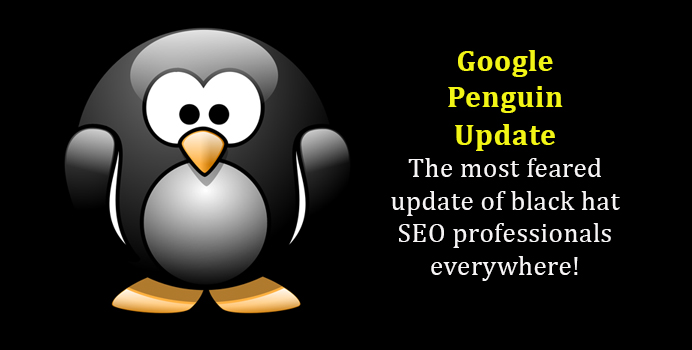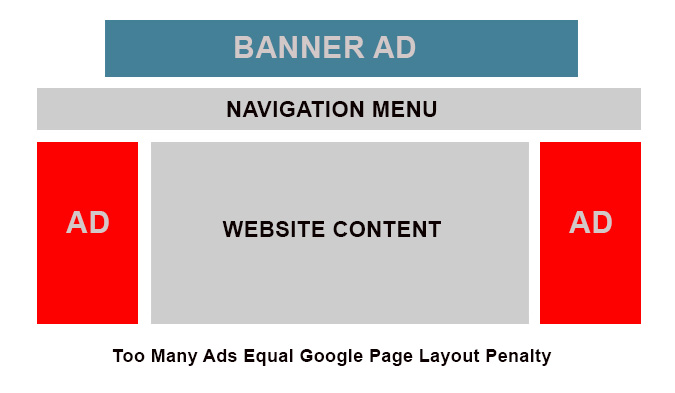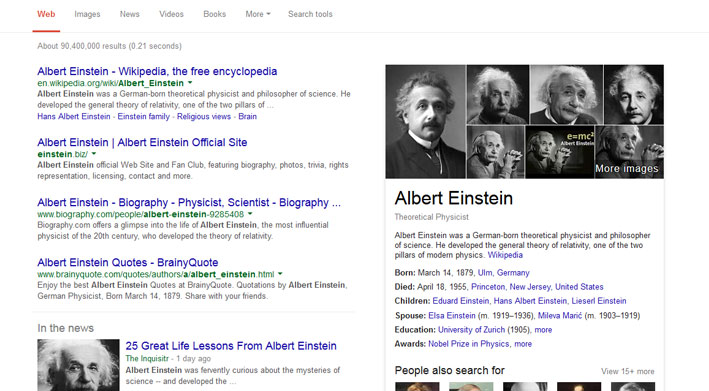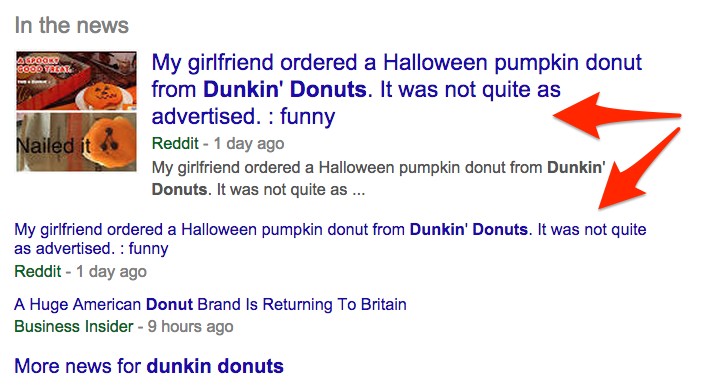Being an SEO professional is a more difficult job than ever before due to the changing algorithmic updates Google implements each year. The last couple of years have seen perhaps the biggest changes to date with Panda and Penguin updates (among others) that sent many websites spiraling out of control in terms of search engine rankings. Even webmasters who had thought they had done things by the books (more or less) were not immune to certain Google updates which made former SEO techniques obsolete and worse yet subject for penalty if not changed quickly.
To survive in search engine waters in 2015 SEO pros will not just need to abide by today’s new SEO standards but also have a good handle on what the various Google updates are. SEO can no longer be done just for today it will be equally important to prepare for the future and understand how future updates will effect websites everywhere.
Interestingly enough it’s surprising to learn that many industry experts (even with years of experience in their field) still aren’t familiar with each Google update and what they do. Fear not however as we have provided an easy to understand cliff notes version outlining the purpose of each major update and their relevance in the SEO world.
Please note not EVERY single Google update will be included here, for a full list of Google updates you can visit the Google Algorithmic History resource featured on Moz.com. Below however are the updates with the most significance you want to be aware of when building you SEO strategies for the future…
Penguin: The Penguin update is probably the most well known (and feared) of all of Google’s updates so far. Even the name itself strikes terror in the hearts of victims who saw their online business plummet due to its various iterations. Penguin’s primary purposes is to prevent web spam or those websites who engage in low brow linking strategies such as paid links, link farms, linking software, blog spamming or anything else deemed unethical. Penguin is most responsible for seeing former quick link schemes evaporate and it is the most likely source of any sudden drop in your rankings.
Panda: Google has always enjoyed naming their most aggressive updates after cuddly zoo creatures and the trend continued with the Panda update. Where Penguin focused primarily on links Panda’s job was to identify low quality content on various web pages and penalize the guilty offenders accordingly. By 2015 standards this not only includes poorly written or irrelevant content but also websites that are thin on overall information as well (even if they meet basic quality standards). Panda’s job is to protect web users from finding websites that do not accurately represent the information they are searching for in Google’s search engine.
Hummingbird: Hummingbird is a bit of a different animal (no pun intended) than other Google updates due to the fact that its purpose isn’t trying to target any particular website flaw. Instead Hummingbird is trying to find better and more precise search results when returning a search quarry. Instead of just taking the major keywords of the search into account Hummingbird focuses more on the overall meaning of each search to quickly find the information you are looking for more accurately. In some ways you can say Google’s virtual reality brain grew more with Hummingbird.
Pirate: Accurately named Pirate was finally Google’s answer to fighting piracy on the internet. Whether that meant downloading music or movies, illegal streams to events or anything that was taking money out of the pockets of the entertainment industry. Pirate targets such websites and drops them in search engine results so they cannot be found as easily. No one can deny that internet piracy is a form of theft which is much harder to detect or punish accordingly. Pirate exists to make lives harder on those who house illegal websites that don’t comply with copyright law or infringement.
Payday Loan: Where Penguin targets spammy websites Payday Load was created to target “spammy queries” when entered into Google’s search. The definition of a spammy query still hasn’t been identified to some people’s satisfaction but the perfect example is what the Google update was named after. The search phrase “payday loans” is a search term associated with many unethical websites trying to sucker website users into borrowing quick cash with insane interest rates. This update is cleverly named and works to protect users from finding websites that are likely not in their best interests.
Page Layout: Google probably did the world a huge favour with this update dropping websites in the rankings who were guilty of too many annoying ads. In this instance Page Layout targets ads at the top of any website page that were distracting to the actual content on the site. You’ve likely seen these in the form of flashing banner ads or other animated techniques intended to draw the users eye to that section of the page first. Easily one of Google’s most welcome updates that discouraged webmasters from trying to turn their websites into online billboards with AdSense and other pay-per-click options.
***Ads Above The Fold: This is another coined phrase for the Page Layout update which also has yet another nickname the “Top Heavy Update”. Take your pick on which name you like best.
HTTPS/SSL Update: An update released recently and still in its infancy stages Google will give a slight reward to websites using the https:// extension with their websites. As stated by Google’s team this update is still too weak to make any significant difference SEO wise at the moment but they have stated publicly it may have more bearing in the future.
Pigeon: The Pigeon update was implemented to more accurately reflect search results for someone searching for a key phrase in a particular city or region. For example if you live in Colorado and enter the phrase “used vehicles” into a Google search the results are more likely to bring you used car websites in that same local area. Rather than having to enter your city along with the product or service you are looking for Pigeon helped make this process more automatic.
EMD (Exact Match Domain): The EDM update was released to prevent low quality websites from ranking highly in Google solely because bought a domain name with exact match keywords. Once upon a time buying a domain name that exactly matched your desired keywords s or phrases carried a lot of weight in search engines. This update leveled the playing field and punished websites weaker in quality which relied on the strength of their domain name for SEO success.
Knowledge Graph: The Knowledge graph update was added to Google searches which displays additional photos, information and links to certain search terms or topics. For example if you want to know more about Albert Einstein enter his name into Google and the knowledge graph will display on the right side of the screen connecting any additional info to your search term. This works in conjunction with natural search results displayed in the SERP and is a handy aid when looking up certain (but not all) topics.
Authorship: The Authorship update turned out to be a failed Google experiment some say was used in an effort to boost the popularity of Google+. The authorship feature would allow website owners to feature their own photo also indicating how many followers that person had in their “Google Circles”. This feature came and went pretty quickly and was seen as a distraction at best by casual users who didn’t understand the relevance or purpose.
In The News Box: The In The New Box is a feature found in Google searches displaying the various headline news going on around the world. If you are unfamiliar with what it looks like an example can be found in the screen shot below. Once upon a time any link found in the news section only came a more traditional news source like the New York post for example. This update gave any newsworthy items a more broader list of news options from sites like Reddit, Yoast and other sources.
Remember your SEO success in 2015 will depend largely on your ability to prepare your website for any future updates that may occur. If any of the above mentioned updates are a cause for concern make the necessary changes now before doing any tedious recovery work later. SEO will not be as black and white (pun intended) in the upcoming year so learning to stay ahead of the curve will be a necessary skill for success!




